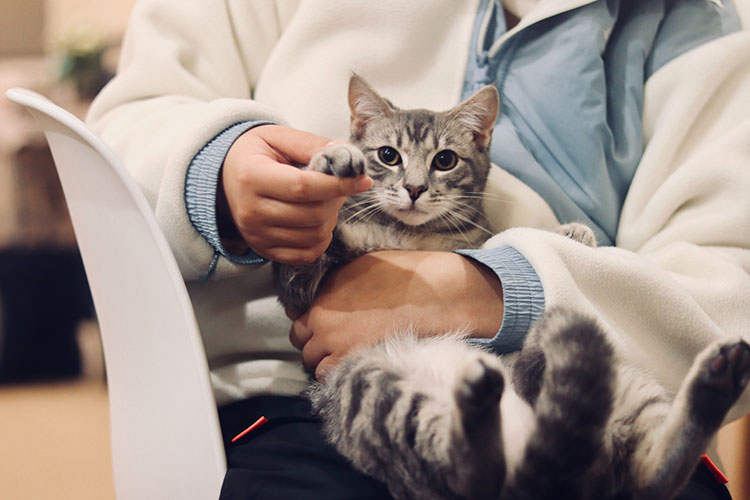As cat owners, ensuring the health and well-being of our feline companions is paramount. Recognizing the symptoms of common cat illnesses is essential for prompt intervention and treatment. In this post, we’ll explore symptoms of various prevalent cat illnesses, drawing insights from reputable sources such as the American Animal Hospital Association (AAHA) and the American Association of Feline Practitioners (AAFP).
- Urinary Tract Infections (UTIs): UTIs are relatively common in cats and can cause discomfort and complications if left untreated. Symptoms of UTIs in cats may include:
- Frequent urination or straining to urinate
- Blood in the urine
- Urinating outside the litter box
- Excessive licking of the genital area
- Diabetes Mellitus: Diabetes is a metabolic disorder that affects cats, particularly overweight or obese individuals. Symptoms of diabetes in cats may include:
- Increased thirst and urination
- Weight loss despite increased appetite
- Lethargy and weakness
- Sweet-smelling breath (due to ketones)
- Hyperthyroidism: Hyperthyroidism is a condition caused by an overactive thyroid gland and is common in older cats. Symptoms of hyperthyroidism may include:
- Increased appetite accompanied by weight loss
- Hyperactivity and restlessness
- Vomiting and diarrhea
- Poor coat condition and unkempt appearance
- Kidney Disease: Chronic kidney disease (CKD) is prevalent in senior cats and can lead to serious health complications. Symptoms of kidney disease in cats may include:
- Increased thirst and urination
- Decreased appetite and weight loss
- Vomiting and diarrhea
- Lethargy and weakness
- Upper Respiratory Infections (URIs): URIs are common in cats, particularly those in multi-cat households or shelters. Symptoms of URIs in cats may include:
- Sneezing and nasal discharge
- Watery or crusty eyes
- Coughing and wheezing
- Lethargy and reduced appetite
Being aware of the symptoms of common cat illnesses empowers us as cat owners to recognize potential health issues early on and seek prompt veterinary care. Regular veterinary check-ups, proper nutrition, and a conducive living environment can help prevent many of these illnesses. Remember, if you notice any concerning symptoms or changes in your cat’s behavior or health, consult with your veterinarian for proper diagnosis and treatment.





















































































